Israel Extends Detention of Florida Teen Accused of Stone-Throwing, Raising Human Rights Concerns
In a move that has sparked concerns about prolonged detention and its implications for human rights, Israel has extended the detention of a 19-year-old American citizen from Florida, accused of stone-throwing in the West Bank. The teen, who has been held nearly nine months without a trial, faces up to 20 years in prison if convicted.
According to multiple sources, the detention extension was made on November 11, 2025, marking a significant development in the case. The teen's prolonged detention has raised eyebrows among human rights advocates, who argue that the Israeli military law used to detain foreign nationals is overly broad and can lead to unjust outcomes.
The case highlights the complexities of Israeli military law and its application to foreign nationals. Under the law, Israeli authorities can detain individuals for extended periods without trial, citing national security concerns. However, critics argue that this provision can be used to target individuals who are not a threat to national security, but rather are exercising their right to free speech and assembly.
According to NPR, the teen's detention has been extended despite efforts by his family and lawyers to secure his release. "We are deeply concerned about the prolonged detention of our client," said a spokesperson for the teen's lawyers. "The Israeli military law is designed to protect national security, but in this case, it seems to be being used to target a young American citizen who is not a threat to anyone."
Human rights experts argue that the case is a prime example of the need for greater transparency and accountability in Israeli military law. "The prolonged detention of foreign nationals without trial is a serious human rights concern," said a spokesperson for the Israeli human rights organization, B'Tselem. "We urge the Israeli government to review its military law and ensure that it is in line with international human rights standards."
The teen's detention has also sparked concerns about the treatment of foreign nationals in Israeli custody. According to reports, the teen has been held in a maximum-security prison, where he has been subjected to solitary confinement and restricted access to his family and lawyers.
As the case continues to unfold, human rights advocates are calling for greater scrutiny of Israeli military law and its application to foreign nationals. "This case is a wake-up call for the international community to take a closer look at Israeli military law and its implications for human rights," said a spokesperson for the human rights organization, Amnesty International.
The teen's next court hearing is scheduled for [date], where his lawyers will argue for his release. In the meantime, the teen remains in detention, facing up to 20 years in prison if convicted. The case is a stark reminder of the complexities of Israeli military law and its implications for human rights, and highlights the need for greater transparency and accountability in the Israeli justice system.
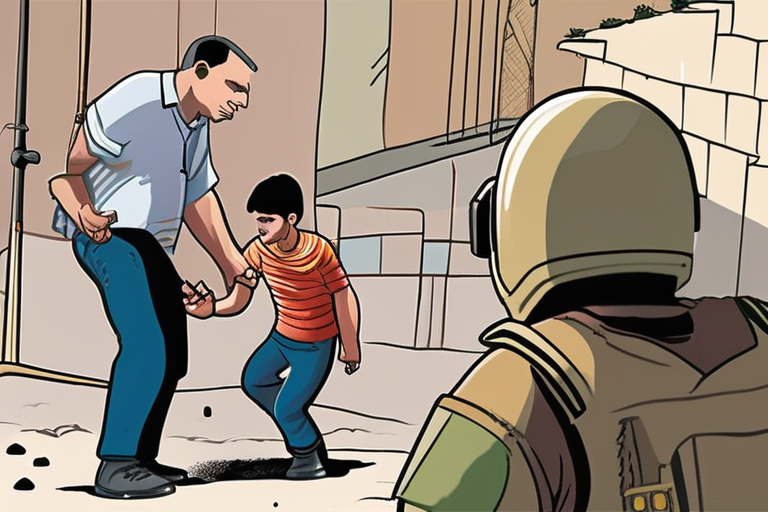




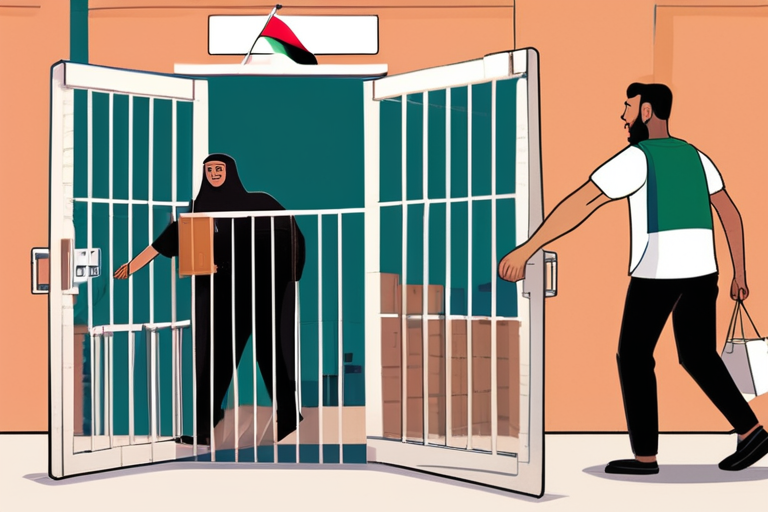

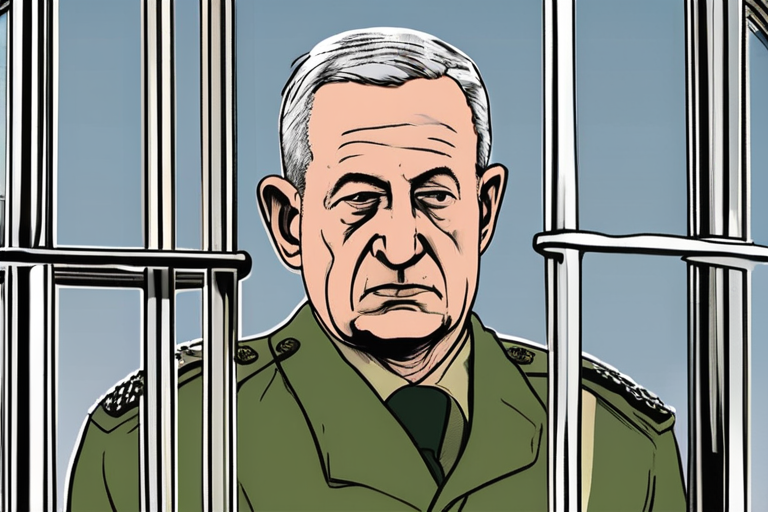

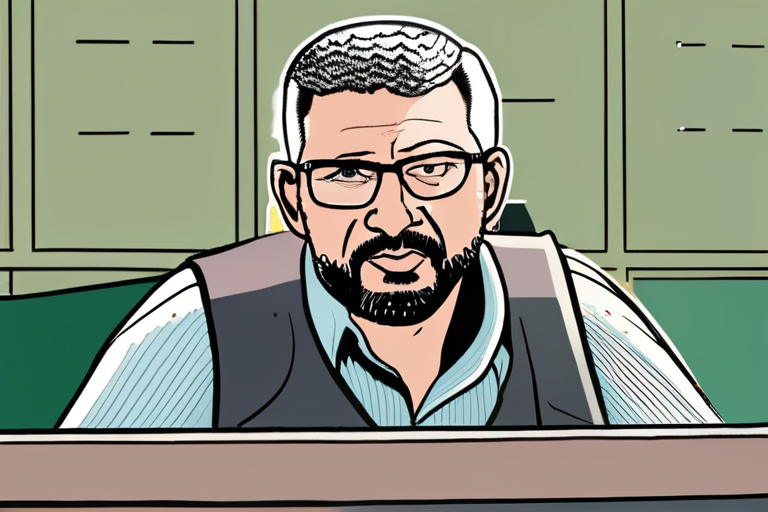






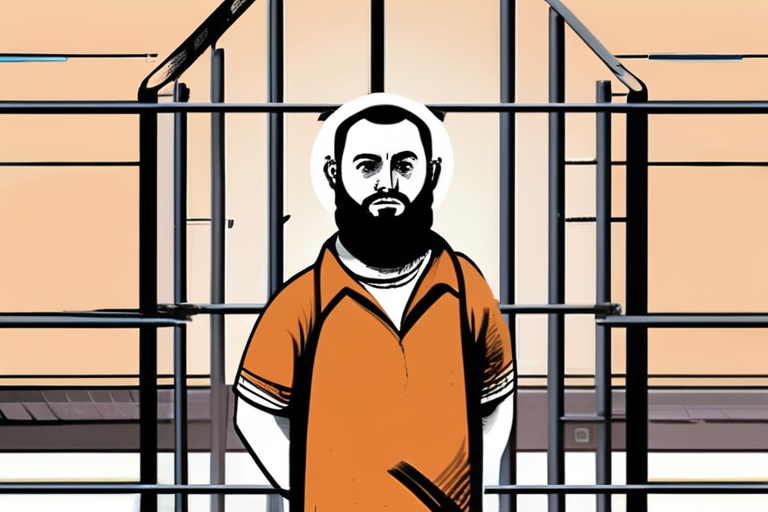


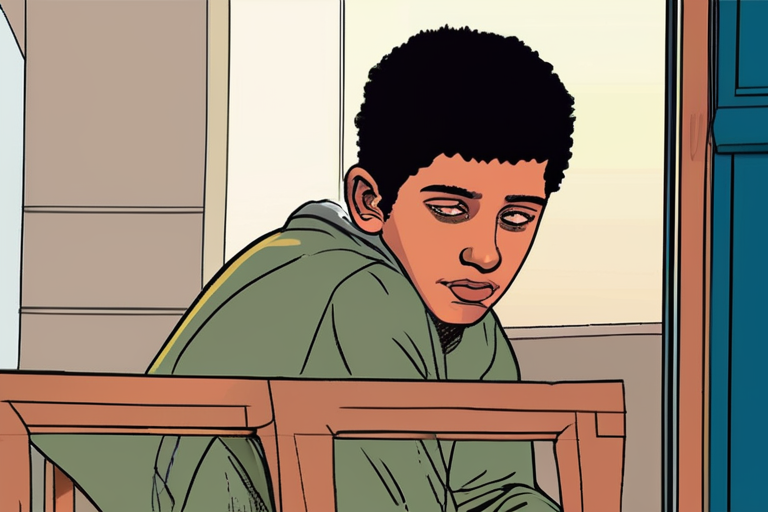
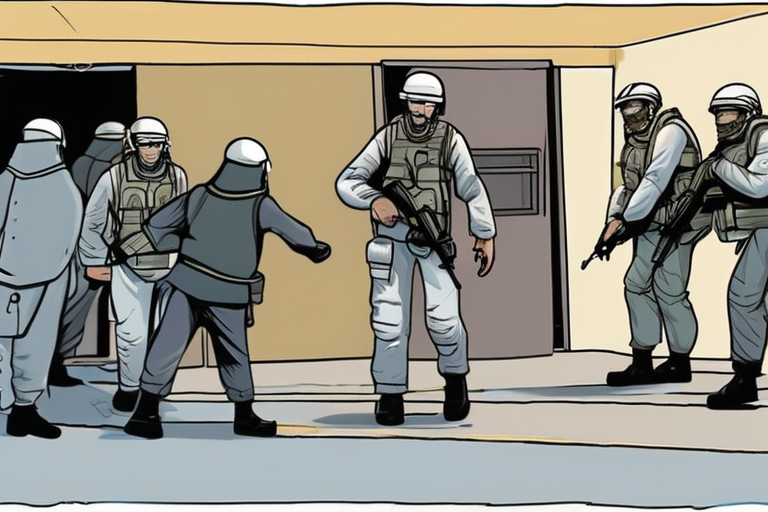
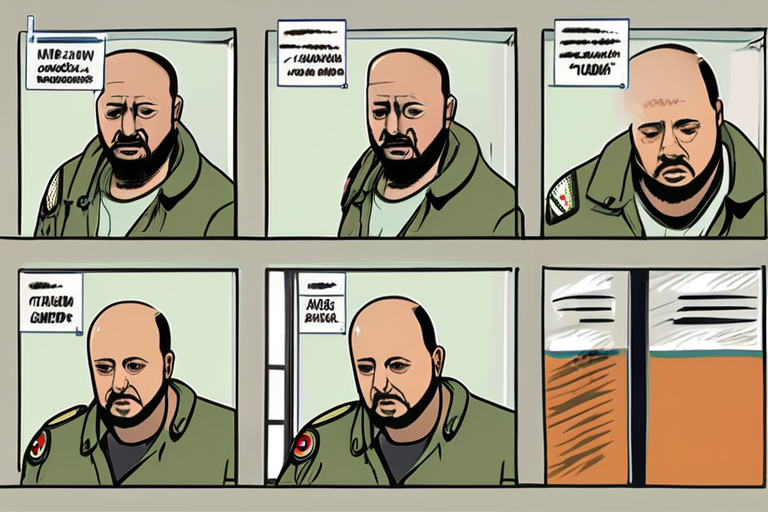




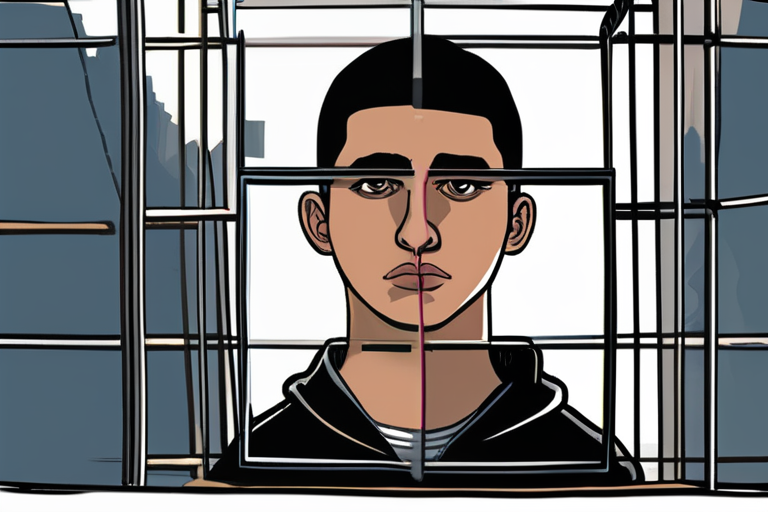
Share & Engage Share
Share this article